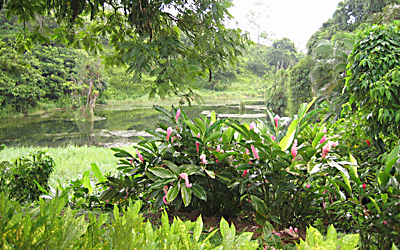- Fertility Analysis - Analysis of existing levels of nitrogen, phosphorus, potassium, and micro-nutrients to determine where deficiencies exist.
- Salinity Analysis - Analysis of soil salinity to determine whether excess soil salts, which might inhibit plant growth, are present. Recommendations for chemical or physical management methods to reduce and maintain reduced salt levels.
- Fertilization and Amending Recommendations - Recommendations are provided to modify soil-fertility levels for optimum growth. Analysis of a soil’s physical properties and examination of field conditions provide data for structural modification of the soil.
- Container and Artificial Soils - Prepare recommendations for unusual planting conditions, such as lightweight planting mixes for roof gardens or container plantings.
- Growth Trials - Conduct growth trials to determine whether the soil contains any materials which inhibits normal plant growth.
- Horticultural Implications of Soil Chemistry - Provide comments on the implications of a soil’s physical properties or its chemistry that may affect normal plant growth. Data obtained through lab analysis, as well as through observations in the field during sampling.
|


